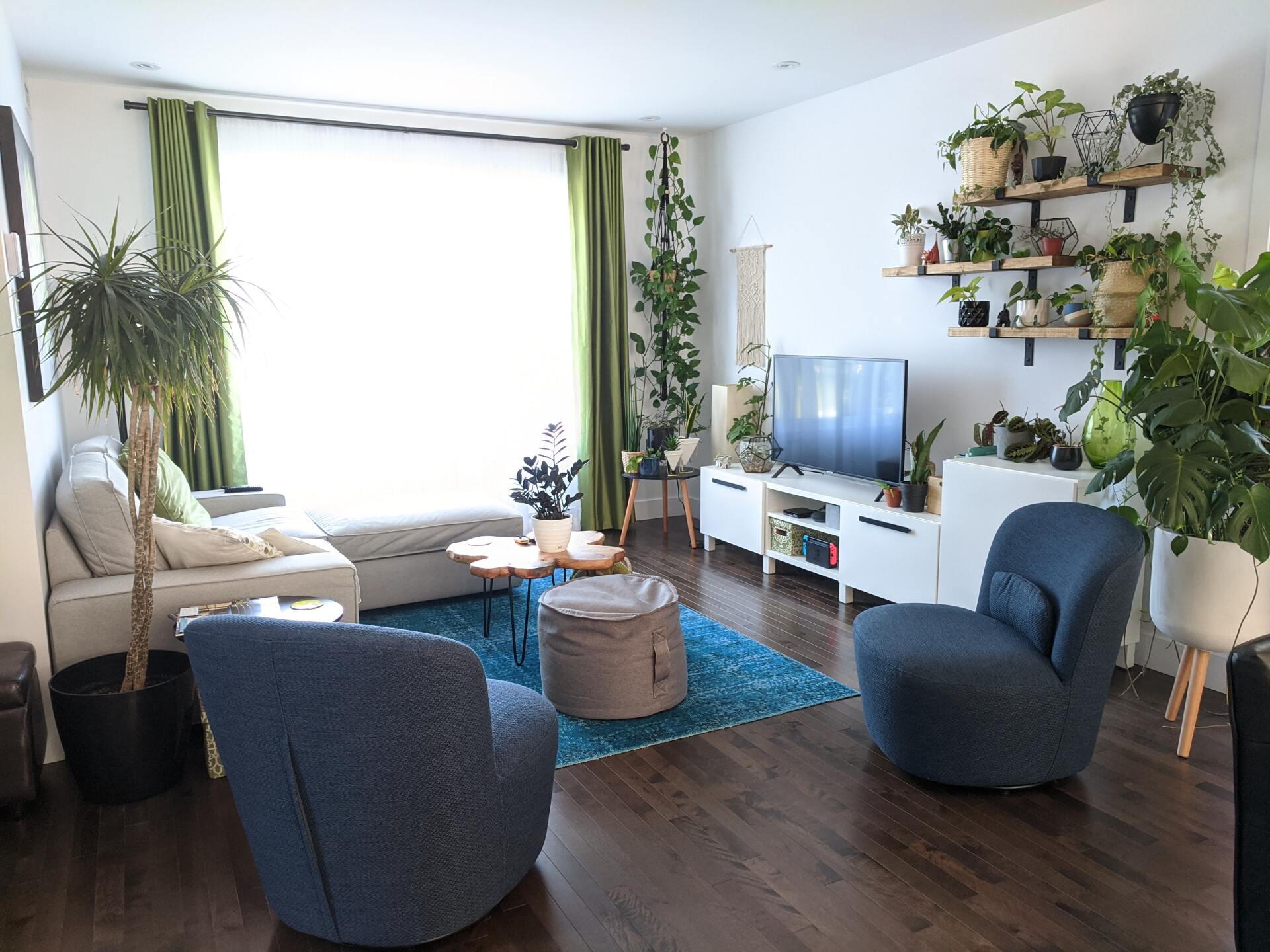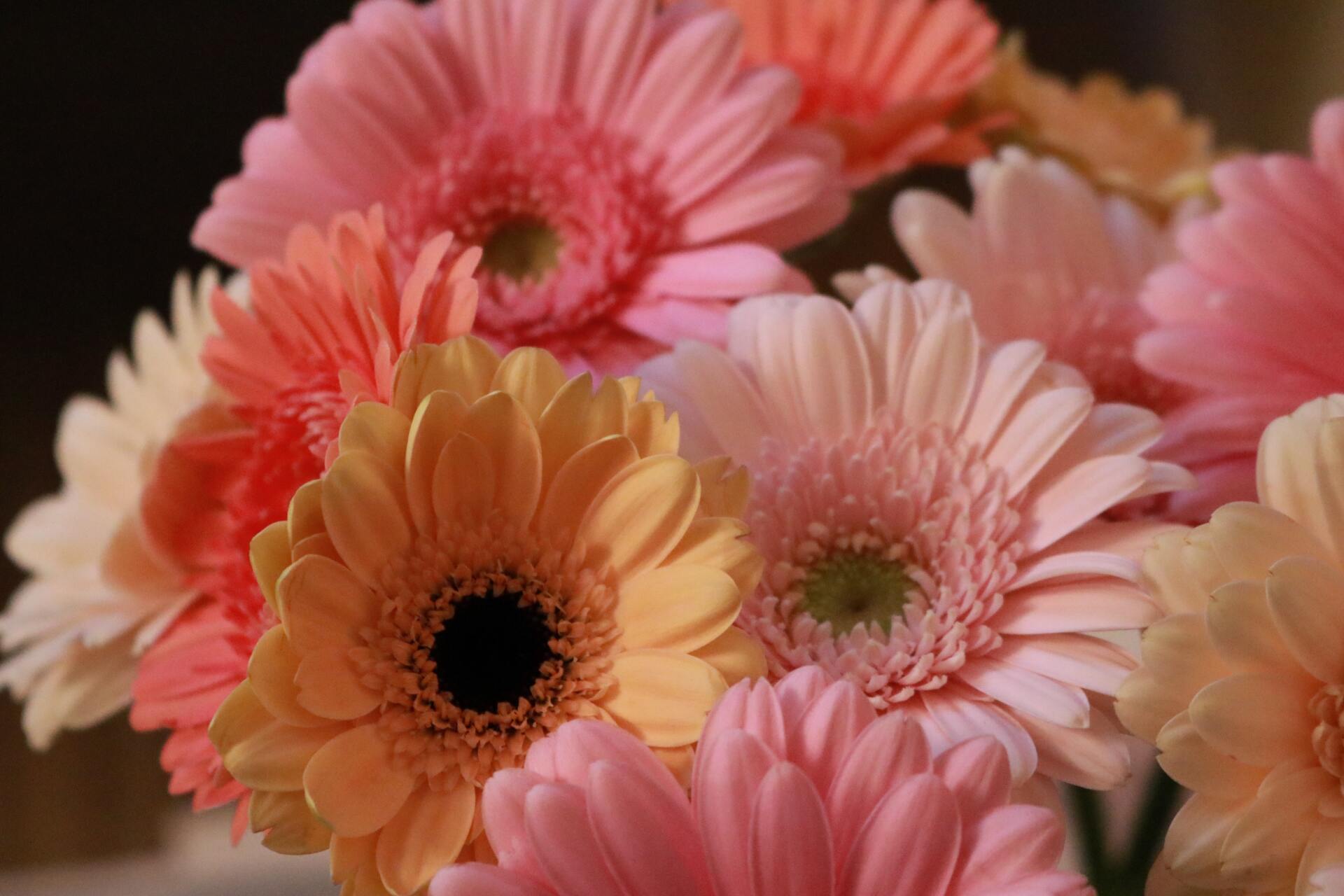6 Houseplants That Purify Air
Brighten up your living space and purify the indoor air with these houseplants

Did you know some houseplants can help purify indoor air? Not only do these houseplants beautify your home, but they can also help remove toxins such as benzene, formaldehyde, ammonia trichloroethylene, xylene and toluene.
Indoor air can be around 30 times more toxic than the air outside. In winter, we can’t always open the window to get fresh air.
Good news - NASA completed a study that found the leaves, roots, and soil can reduce indoor air pollutants.
B. C. Wolverton, the primary researcher on the original NASA study, has continued studying the benefits of houseplants in a 1993 paper and a 1996 book. Another study from 2004 has also shown that the micro-organisms in the soil of a potted plant remove benzene from the air, and some plant species themselves contribute to removing benzene.
Here are some of the most common houseplants you can add to your home to help purify the air and how to care for them.
Snake Plant
This low maintenance plant is best placed in the bedroom because it has a unique ability to purify the air by removing benzene, formaldehyde, trichloroethylene, xylene, and toluene at nighttime. Snake plants do best with a few hours of sunlight and should be watered about every two weeks.
Pothos
This lush, trailing plant s renowned for its ability to remove chemicals and other pollutants from the air, specifically benzene, formaldehyde, xylene, and toluene. Keep in mind this plant is toxic to pets and children if the leaves are ingested, so it should be kept out of reach. Pothos will thrive in a location with indirect bright light and needs to be watered every one to two weeks.
Chinese Evergreen
This is one of the most common houseplants. It emits a high oxygen content while purifying indoor spaces of harmful chemicals such as benzene and formaldehyde. If you have limited light, Chinese Evergreens will do well in low light and need water every couple of weeks.
Spider Plant
If you’re new to houseplants, spider plants are a low-maintenance plant that will battle toxins, including carbon monoxide and xylene. It is also non-toxic to animals, so your furry friends will b safe around them. Great for a bedroom or living room that has bright, indirect light. Avoid letting the soil dry out completely.
Rubber Plant
These easy-care houseplants also improve indoor air quality, according to studies conducted by NASA. The large leaves break down airborne chemicals and can eliminate bacteria and mould spores in the air. These plants like bright light and should be allowed to dry out in between watering.
Gerbera Daisy
If flowers are your style, gerbera daisy is an excellent addition to your home. They can produce high oxygen levels at night while removing harmful chemicals, such as benzene and trichloroethylene. For the best flower production, keep in bright sunlight from summer to fall and indirect light in winter. Avoid letting the soil dry out completely.
Ready to get your hands dirty?
Shop these local greenhouses for your houseplant needs:
https://www.growandbloomco.com/
https://vanluyk.com/houseplants














